Understanding Feather Loss in Chickens

Emily ParkerFeather loss in chickens, while often a natural part of the molting process, can sometimes signal underlying health issues or stress within the flock. This guide delves into the causes of feather loss, differentiating between normal molting and conditions that require intervention, and outlines how ZiDtia chicken coops can help manage and prevent these issues.
Introduction to Feather Loss in Chickens
Molting is a normal, annual process for chickens, signifying the shedding and regrowth of feathers. This natural cycle is crucial for maintaining healthy plumage but can be stressful for the birds, affecting their egg production and behavior.
The Molting Process Explained
Molting typically occurs in the summer, though not always synchronously within a flock. Understanding the timing and phases of molting, along with its impact on chickens, is essential for proper care during this period.
Nutritional Needs During Molting
The regrowth of feathers requires a diet rich in proteins and other key nutrients. This section will cover the essential dietary adjustments needed to support healthy feather development.
Identifying and Addressing Abnormal Feather Loss
Not all feather loss is part of the molting process. Parasites, illnesses, or stress can cause abnormal feather loss, marked by bald patches and changes in behavior. Recognizing these signs early is key to addressing potential health issues.
Picking: Understanding and Preventing Aggressive Behavior
Picking, a behavior where chickens peck at each other, often results from stress or poor environmental conditions. This section explores the causes of picking and how to prevent it by ensuring adequate space and a stimulating environment.
The Importance of Adequate Space
Stress and aggression among chickens can be significantly reduced by providing enough space. ZiDtia chicken coops are designed to optimize space, offering solutions to common space-related issues in poultry keeping.
Design Features of ZiDtia Chicken Coops
ZiDtia chicken coops, made from durable metal, offer several benefits over traditional wooden coops, including better hygiene, durability, and ease of maintenance. These design features not only promote the well-being of chickens but also simplify the caretaking process.
Creating a Healthy Environment with ZiDtia Chicken Coops
A healthy chicken environment includes adequate ventilation, appropriate lighting, and sufficient space. ZiDtia chicken coops are designed with these factors in mind, ensuring a stress-free habitat for chickens, which is crucial for preventing feather loss.
Feather Loss Prevention Strategies
This section provides comprehensive strategies for preventing feather loss, encompassing environmental, dietary, and health check measures to maintain a healthy flock.
When to Consult a Veterinarian
Recognizing when feather loss is a sign of a more serious health issue is crucial. This segment outlines the symptoms that warrant professional veterinary advice.
Success Stories: Feather Loss Management with ZiDtia Chicken Coops
Real-life testimonials from users of ZiDtia chicken coops highlight the positive impact these coops can have on managing and preventing feather loss.
FAQs on Feather Loss and Chicken Care
This section addresses common questions about feather loss, providing expert advice and practical tips for chicken keepers.
Conclusion: Ensuring Healthy Feathers with ZiDtia Chicken Coops
Investing in a ZiDtia chicken coop is a wise decision for any chicken keeper looking to prevent feather loss and ensure the overall health of their flock. The guide concludes by reinforcing the importance of quality coop design in maintaining healthy chickens.
No comments

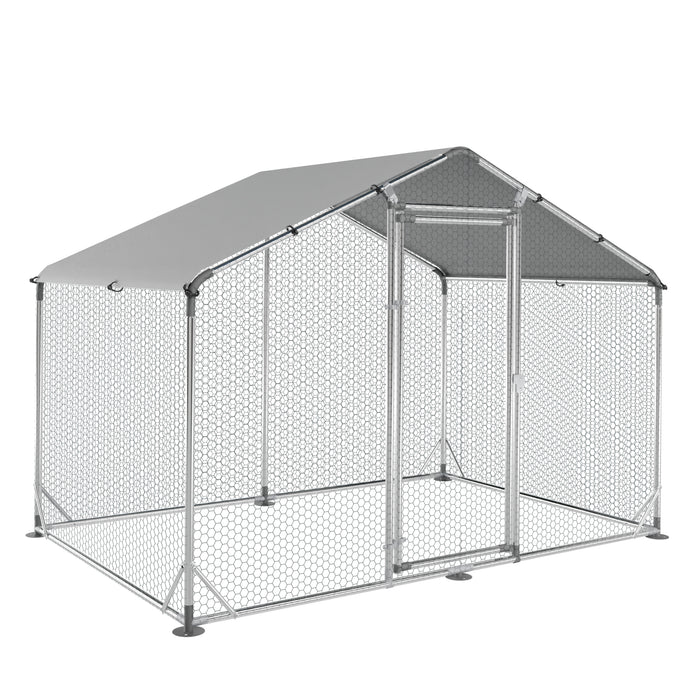





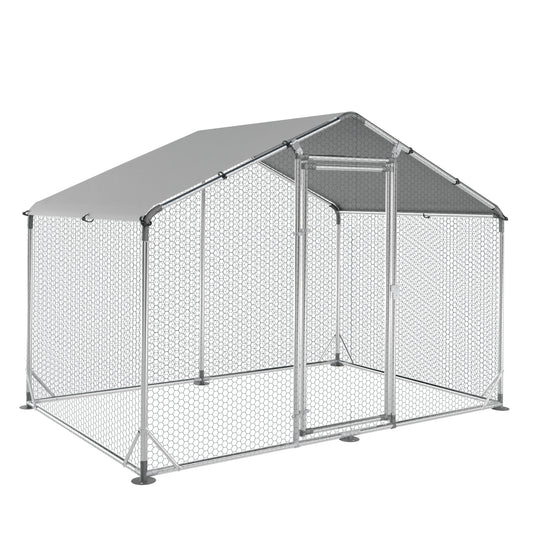
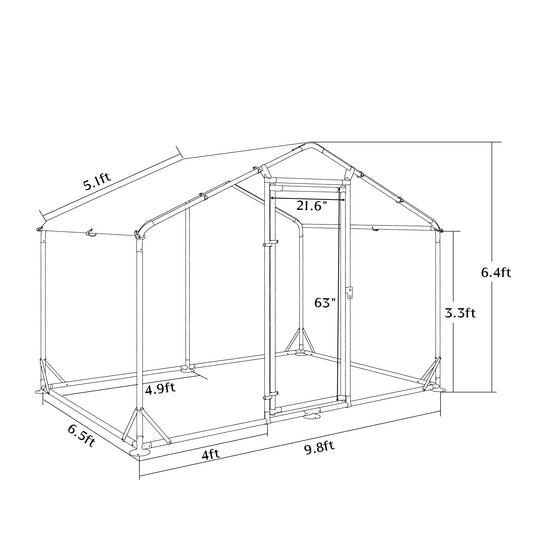
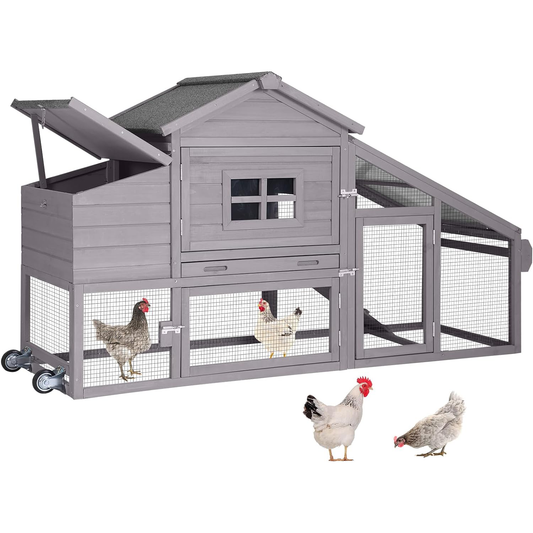

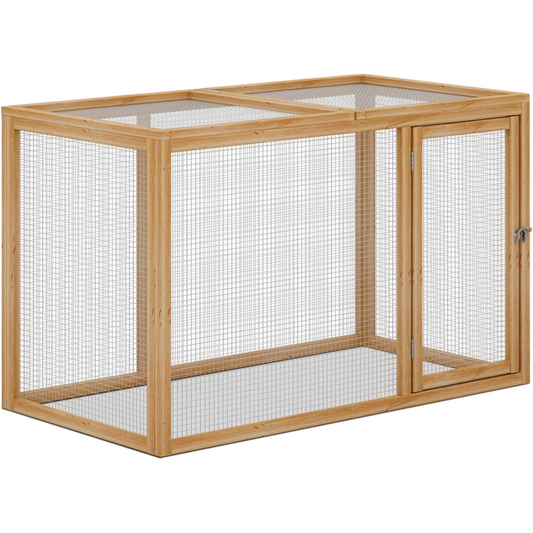
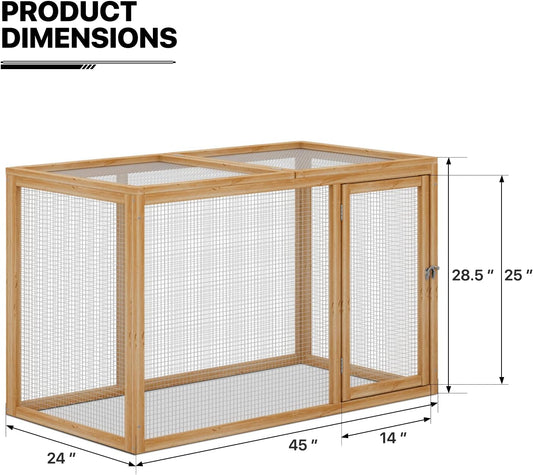
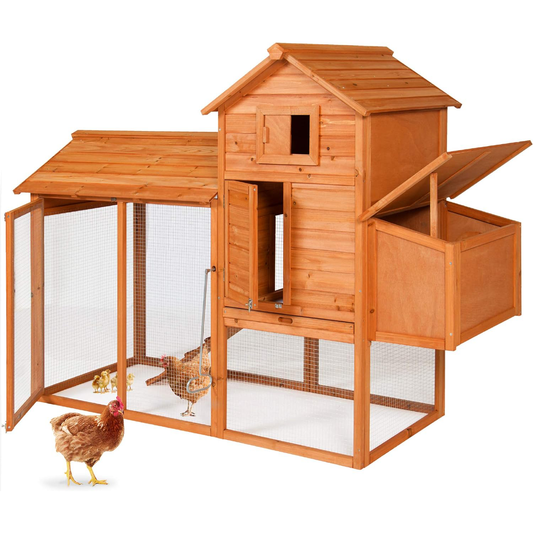
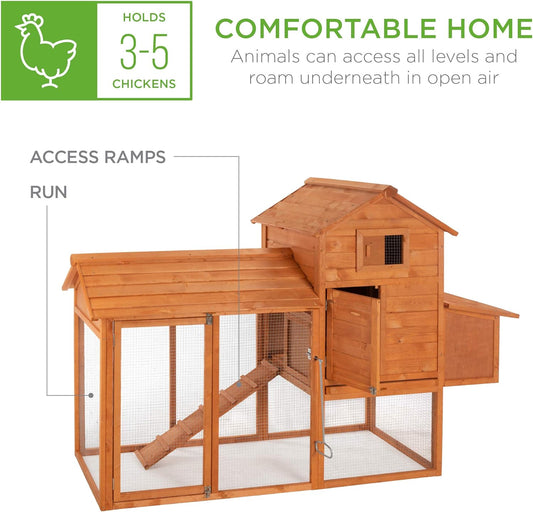
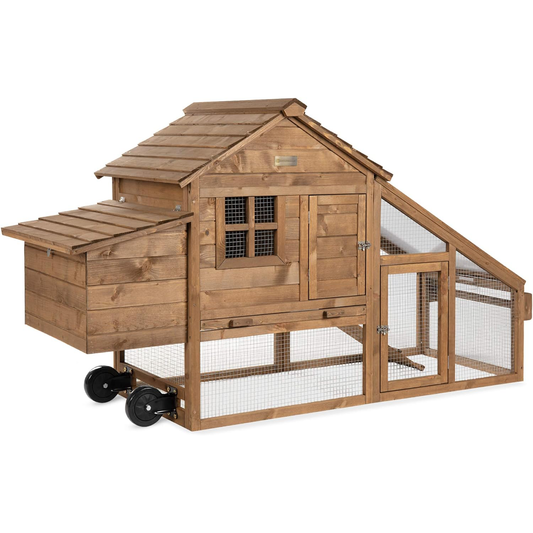
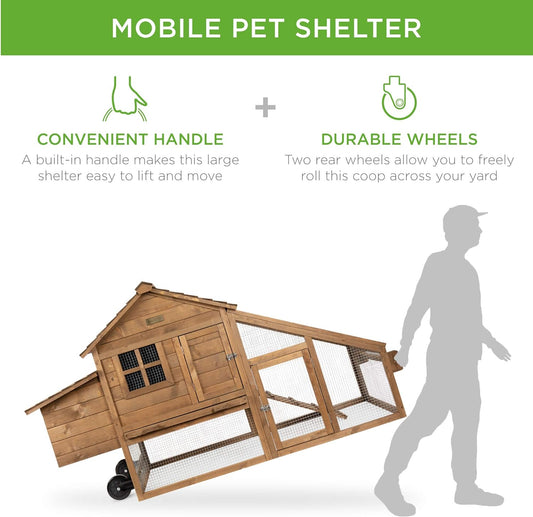



0 comments